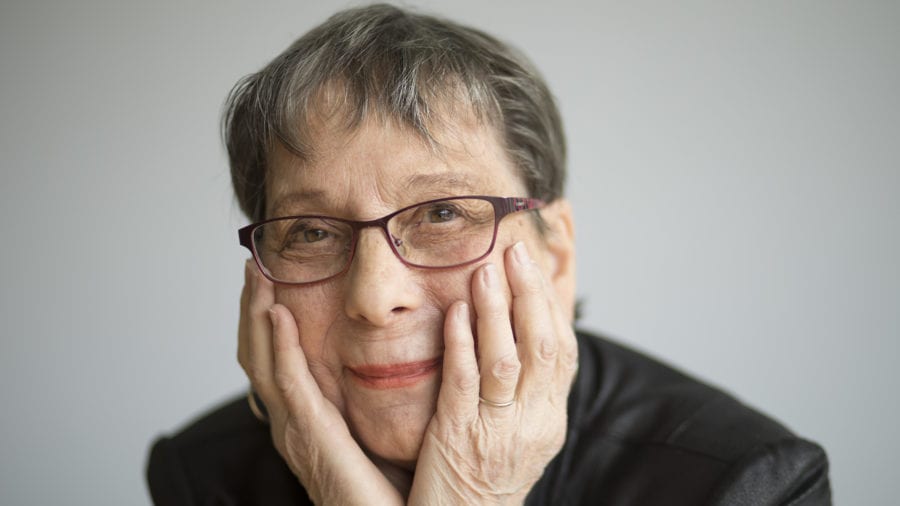Joseph Ross Reviews “let the dead in”
Ross praises the new Saida Agostini collection in his review titled, "If You Love the Living, Get Saida Agostini’s 'let the dead in'"

Poet and critic, Joseph Ross, tackles the wrinkles and crevasses of Saida Agostini's maverick debut poetry collection, let the dead in. let the dead in, is an exploration of the mythologies that seek to subjugate Black bodies, and the counter-stories that reject such subjugation. Audacious, sensual, and grieving, this work explores how Black women harness the fantastic to craft their own road to freedom. A journey across Guyana, London, and the United States, it is a meditation on black womanhood, queerness, the legacy of colonization, and pleasure. These poems craft a creation story fat with love, queerness, mermaids, and blackness.
An excerpt from Ross' review follows.
Read the full review here
Saida Agostina’s collection, let the dead in, reminds me. It reminds me to remember the richness of living, the beauty of love in places we don’t expect. This beautiful collection of poems is a tap on the shoulder, followed by this advice: “Look everywhere for beauty.”
let the dead in begins with beauty before you open its pages. The cover, a painting by Stephen Towns, a Baltimore painter and fabric artist, provides a visual feast for this gathering of poems. Towns’ painting, titled “All Is Vanity,” shows us a Black woman standing in what might be a cane field, beneath a canopy of cards, bearing images of people. The woman, halo-clad, indicating her own holiness, stares directly at the viewer/reader. This is just what Agostini’s poems will do in the pages to come. She stares right at us, asking, daring, insisting that we see people and places: Black women, people who have suffered erasure, her mother, her granny, her great granny, Guyana, people whose bodies and loves are often ignored or despised. The book unfolds into three sections, which the people at Alan Squire Press, including co-founder Rose Solari, have formatted beautifully, with space and simplicity.
Featured Audio: Rose Solari reads “The Beginning, 1939”
In “The Beginning, 1939” Rose Solari’s mastery of recitation is put to the music of her capricious mother and the frantic hopes of her father who wishes to leave “no long, tight pauses for her to fill.” I’ve written before about Rose’s use of swing and rhythmic motifs in her work, elements which are alive in this poem, but what is really mesmerizing to me about “1939” is the musical image toward the end which harbors no pretense of cramming lieder into language, but instead focuses on the very physical act of her mother playing the piano:
Mikaela Lefrak Examines the Life of Maryland Poet Laureate, Grace Cavalieri
The beloved Grace Cavalieri “contains multitudes” according to Mikaela Lefrak in her newest article from WAMU taking a look at the life and career of the 10th Poet Laureate. And Ms. Lefrak treats her subject with the due respect of a life which cannot be covered succinctly in 500 words. She delivers a reverent tourists’ view of Grace Cavalieri’s life, hitting the big things: her poetry and work ethic, the passing of her husband, Kenneth Flynn, her conversion to Buddhism, and finally her new tenure as Poet Laureate.
Listen to Grace Cavalieri on the Kojo Nnamdi Show
Grace Cavalieri’s recent stop at NPR’s The Kojo Nnamdi show is now streamable. Over a substantive 22 minutes, listen to Grace talk about poetry, inspiration, and her plans as the 10th Maryland Poet Laureate.

